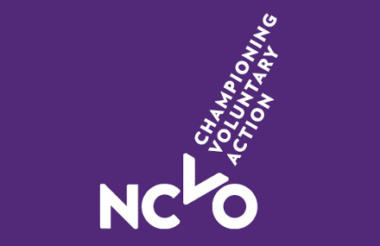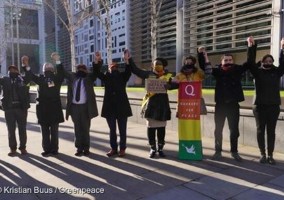As household bills increase, charities will face an increase in demand and regular donations may drop, NCVO has warned.
NCVO published its annual Road Ahead Report 2022 today, which reviews the previous year and identifies trends in the charity sector that are likely to impact the future.
For the first time, NCVO involved external stakeholders into the development of the report. It summarises the political, economic, social, technological, environmental and legal factors affecting the sector.
Alex Farrow, head of networks and influencing at NCVO, said: “As we start 2022, we’re once again in the grip of uncertainty as the pandemic continues to twist and turn. But, though it might feel like it, the start of 2022 is not the same as January 2021. A new practicality is emerging across charities and communities, bolstered by confidence created by the speed of the scientific response to the pandemic.
“Despite everything, there are decisions and choices to make. All those running charities still have agency and power – both in what they do and how they do it. Our analysis is here to help leaders, trustees and communities make informed decisions about their future and find that new practicality.”
Economic
The Road Ahead mentions the increase in household bills, particularly of gas and electricity, which increases the UK’s inflation rate.
NCVO predicts these economic pressures will deepen existing economic inequalities, which will increase the demand on the charity sector.
“Charities will likely need to adapt and expand their services to meet rising demand from the communities whom they serve,” the report reads.
Not only that, the representative body says the increase in bills and tax (with the introduction of the health and social care levy) is likely to result in fewer people donating to charity. Researchers say these household income pressures risk regular donors no longer being able to afford to give.
Last May an nfpSynergy survey found 69% of the general public said they had recently donated to charity before the pandemic began, which fell to 55% by March 2021. NCVO predicts this number is set to shrink further.
Culture wars
The report outlines how charities have been drawn into culture wars in the last year. This includes the National Trust, where a report about its colonial history was accused of being “woke”. Similarly, RNLI has been criticised for saving migrants at sea, with former UKIP leader Nigel Farage calling the charity a “taxi service for illegal trafficking gangs”.
NCVO says that “public opinion has proved to be more nuanced on these issues than the standard ‘woke vs anti-woke’ narrative would imply”.
It concludes that “charities ultimately must do what they think is right in support of their charitable purpose, which will inevitably sometimes mean taking unpopular stances. Providing charities are focusing on their charitable objectives, carefully considering the issues and implications, and taking their members with them, the Charity Commission will be on their side.”
Levelling Up
The report argues we are in a place of relative “political stability” despite the impact of Covid-19 and Brexit, and predicts there will not be another election until 2023 or 2024. This will give charities time to plan their influencing activity based on the electoral cycle, it said.
With the levelling up agenda remaining a “clear political priority” for the government, NCVO believes charities should be at the forefront of it.
NCVO notes how “the vast majority” of levelling up funding has gone to “hard infrastructure projects” and says the umbrella body wants to see changes to the levelling up investments to social infrastructure and civil society.
Research published by the think tank NPC last week found as little as 2% of levelling up funding has gone to social infrastructure.
Challenges to campaigning
The report also criticised the Police, Crime, Sentencing and Courts bill which seeks to give the police powers to restrict protests.
Yesterday the charities Christian Aid, ActionAid UK and Liberty were among those objecting the bill yesterday.
NCVO’s report agrees that protest should not be limited, as “by limiting who is willing to protest, this new legislation would further compound the inequalities ingrained within our society”.
Related articles












